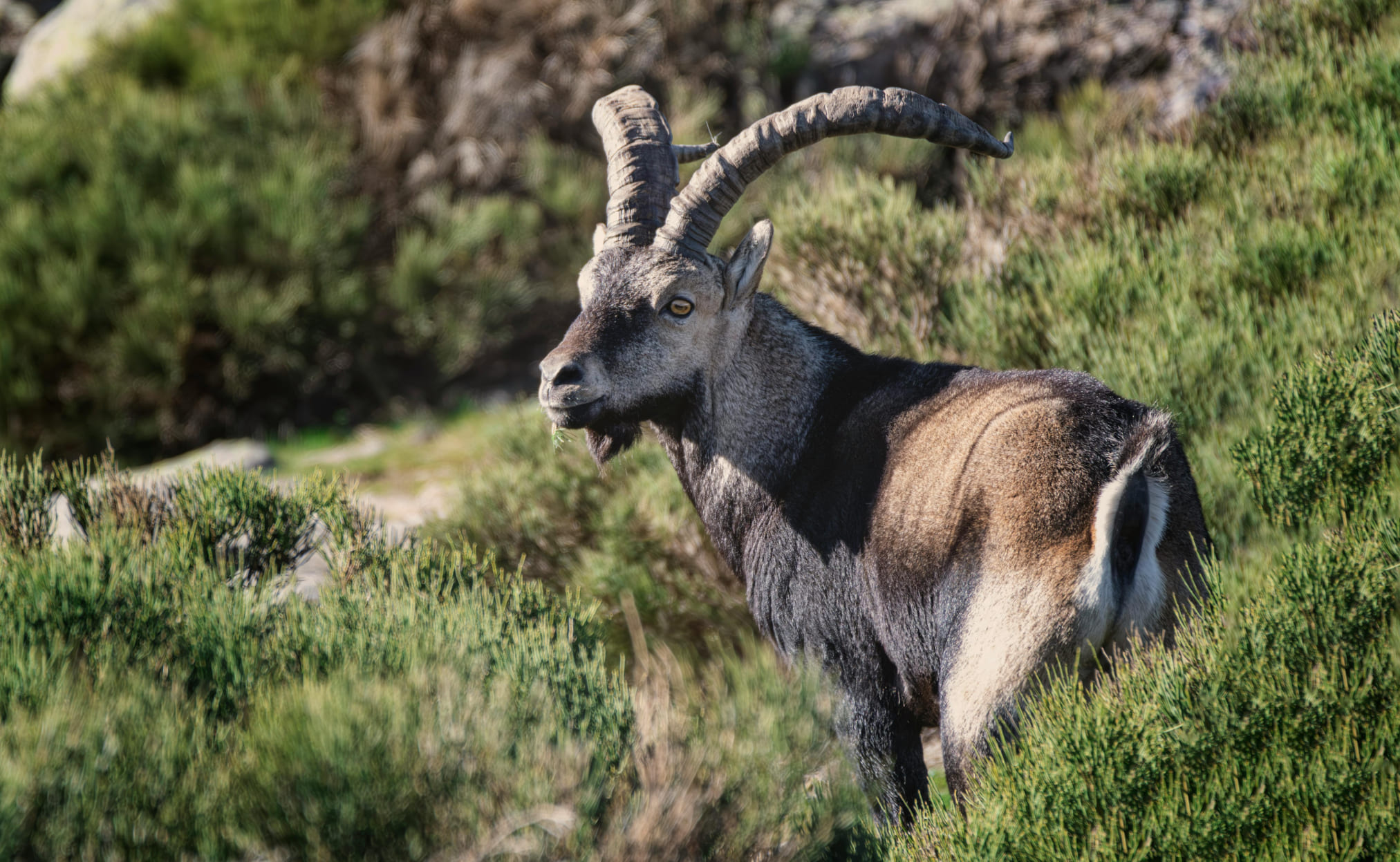Animal intelligence is a fascinating field, showing that many species possess problem-solving abilities, memory, and social structures far more complex than once believed. For example, elephants have been known to mourn their dead, and crows can use tools and recognize human faces. Primates demonstrate complex social behaviors, while marine animals like dolphins and octopuses show remarkable communication and adaptability. By studying these traits, scientists not only gain insights into animal cognition but also learn about our own evolutionary history and what intelligence truly means.
Zoos play an essential role in showcasing animal intelligence through enrichment programs that encourage problem-solving, play, and exploration. By providing animals with puzzles, toys, and activities, zookeepers help maintain mental engagement and natural behaviors. These programs are crucial for the well-being of animals in captivity, ensuring they stay active and stimulated. Furthermore, exhibits on animal intelligence inspire visitors to appreciate animals as complex beings capable of emotions, creativity, and even innovation. By fostering respect for animal intelligence, zoos encourage people to support wildlife conservation and recognize the intrinsic value of all creatures.
History

Exploring Animal Intelligence: Learning from Our Animal Neighbors

Conservation Efforts Worldwide
Many animals face extinction, but global conservation efforts work to protect endangered species. By creating wildlife reserves, enforcing anti-poaching laws, and breeding animals in captivity, these efforts help restore populations and preserve biodiversity.
Usefull Links
Working Hours
Summer Hours: (May to Nov)
Mon - Satday: 9.00 to 18.00
Sunday: Closed
Sunday: Closed
Winter Hours: (Dec to Apr)
Mon - Satday: 9.00 to 17.00
Sunday: Closed
Sunday: Closed